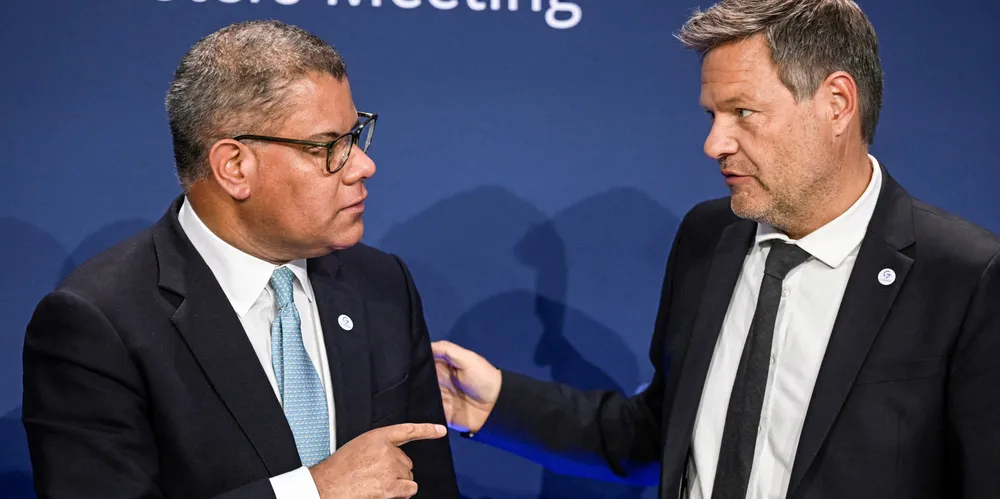G7 unveils controversial 'hydrogen action pact' to tackle climate crisis and Russian gas reliance
Richest nations pledge support for blue H2 and hydrogen use in natural gas infrastructure and thermal power plants

“Ramping-up global markets and supply chains for low-carbon and renewable hydrogen and its derivatives is a key enabling step towards a full decarbonisation of our economies,” the G7 climate and energy ministers said in a 39-page communiqué.
“This need has become even more prevalent given the current geopolitical turmoil and disruptions, which led to record-high energy prices and a severe risk for our energy security.”
And controversially, the G7 also pledged to “support the role of low-carbon and renewable hydrogen and its derivatives in the decarbonisation of natural gas infrastructure and for zero-emission thermal power generation”.
The same is true for the singling out of hydrogen use in natural gas infrastructure — pipelines that many argue have no major role to play in the decarbonisation of heating, the fuel’s primary role today, due to the expense and technical challenges that would be involved.
And while natural-gas infrastructure and thermal power generation were singled out by the G7, there was no mention of so-called “no-regrets” uses of clean hydrogen and its derivatives in non-electrifiable sectors, such as ammonia fertiliser production, oil refining, heavy industries such as steel and cement, and long-distance shipping — which all require huge amounts of unabated grey hydrogen or dirty fossil fuels today.
Duplication
The G7-HAP also promised to “streamline the implementation of existing multilateral activities” while “avoiding duplication with other initiatives” from bodies such as the International Energy Agency (IEA) and the International Renewable Energy Agency (Irena).
In addition to the G7-HAP and other commitments in the communiqué relating to energy security and the ongoing food crisis caused by the war in Ukraine, the ministers also pledged research and development work on low-carbon aviation — including hydrogen and electric solutions.
“The current crisis highlights the real, urgent need and the opportunity for Europe to reduce its dependency on Russia by diversifying supply, accelerating the roll out of clean, safe and sustainable energy technologies, and critically enhancing energy efficiency, with significant progress possible by the end of the year,” the ministers said.
“We emphasise the central role of low-carbon and renewable hydrogen and its derivatives such as ammonia for achieving net zero emissions and an energy-secure future.”
(Copyright)